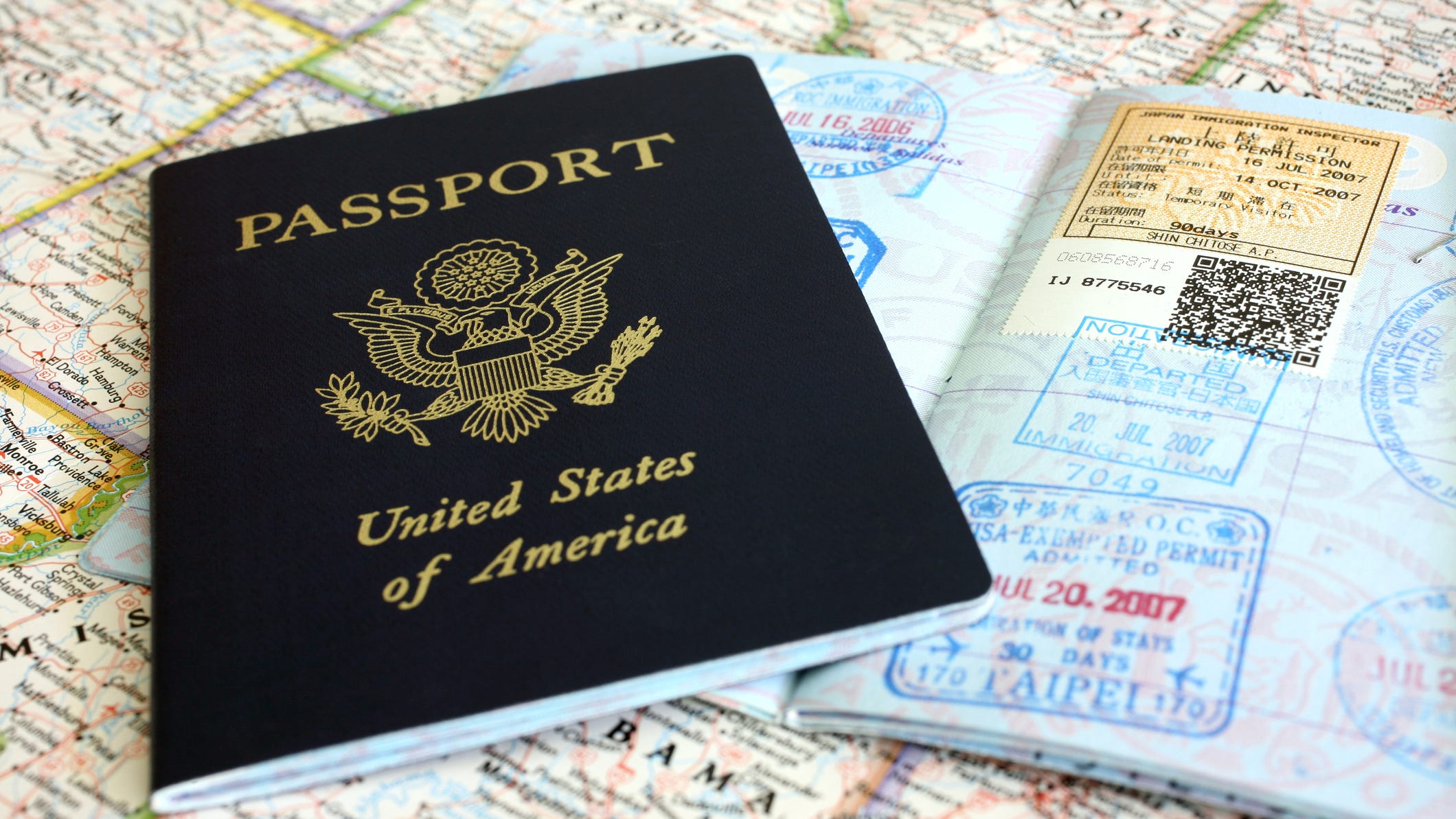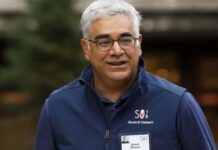
Kiera Davis picked up a unique quarantine hobby: tracking the status of her passport renewal.
The 27-year-old civil engineer mailed her renewal application in late April, weeks after the government suspended all passport processing except for life-or-death emergencies due to the coronavirus crisis.
She knew that meant delays in processing but didn’t know her application would fall into an abyss for months, her online status flashing “Not Found” for a long time. She schooled herself on the different phases of the State Department’s passport services reopening.
“I was knee deep in that website like every week,” Davis said.
Until last week. Fifteen weeks after she mailed it — about double the usual processing time — Davis’ passport finally arrived.
Cassie Roche can relate. The 28-year-old business analyst has had the U.S. State Department’s passport page bookmarked since she sent her passport in for a name change in early March. The estimated delivery time then: 6 to 8 weeks.
Her new passport arrived in mid-July, 19 weeks after they received her name change application. She’s still waiting for the old one back.
“It was nerve-wracking. It was frustrating,” she said, adding that one of her biggest concerns was having such a personal document outside her control for months.
The State Department has acknowledged the long passport waits, blaming it on the fact that passports can only be processed at a secure government facility, not at workers’ homes because of the sensitive nature of the documents submitted with the application. Payments can be — and were — processed immediately but everything else has to be done at a passport agency or center, and they were reduced to skeleton staffs from mid-March through early June.
The upshot: a backlog of 1.8 million applications when employees returned to work and started the processing of regular passports again in June.
At the time, Carl Risch, assistant secretary of the State Department’s Bureau of Consular Affairs, which issues passports, said the goal was to process about 200,000 applications a week this summer to clear the logjam.
It’s worked. The number of passports awaiting issuance fell below 1 million, to 968,000, in the week ended Aug. 12, a figure that includes 151,000 new applications.
Applications are being processed on a first-in-, first-out basis. That’s good news for people like Davis and Roche who applied months ago.
But not-so-good news for those who need to apply for or renew a passport today.
The State Department says processing delays will continue for all but those with emergencies as the phased reopening of passport services continue. Some of the 26 passport agencies and centers are in phase one, others phase two and some remain closed. Employees at the reopened centers and agencies are processing applications from around the country, so travelers don’t need to worry about the phase the closest location to them is in.
Walk-in services for routine passports won’t resume until phase three of the reopening, the final phase, and there’s no timetable given for that phase.
Until then, passport acceptance facilities like post offices are open for those who need to apply or renew in person and mail-in renewalscontinue for those eligible.
How long will it take to receive a passport?
The State Department is not listing expected wait times, as it usually does, but travelers reaching out on Twitter were told as recently as last week to “expect processing delays of several months as we work to get through a high volume of applications.”
The department’s latest COVID-19 update, which includes the weekly statistics, said normal processing times (six to eight weeks) are expected to return this fall but provided no month or other timetable.
Risch told reporters in early August that he hoped a “much more normal” processing time was just six to eight weeks away, or between mid-September and early October.
“We want the American people to know that we’re working aggressively to resume normal passport operations and to address COVID-19-related processing delays,” he said.
Travelers who think they can get around that by paying for expedited service are out of luck. The State Department won’t resume expedited processing until the final phase of the reopening and has not said when it expects to enter that phase.
Davis, who is a part-time travel agent, is using her new status as an unofficial passport expert to encourage friends and clients who need one to get on it or delay any international travel plans for the rest of the year so they don’t cut it close.
She is planning a group trip to Cancun in February to celebrate a friend’s birthday and said five of the 10 attendees don’t have their passports.
“I’m like, you guys need to do it now,” she said. “Get yourself in the queue.Get that ball rolling because there’s no telling whether or not (passport services will be reduce again) if coronavirus spikes back up again.”











